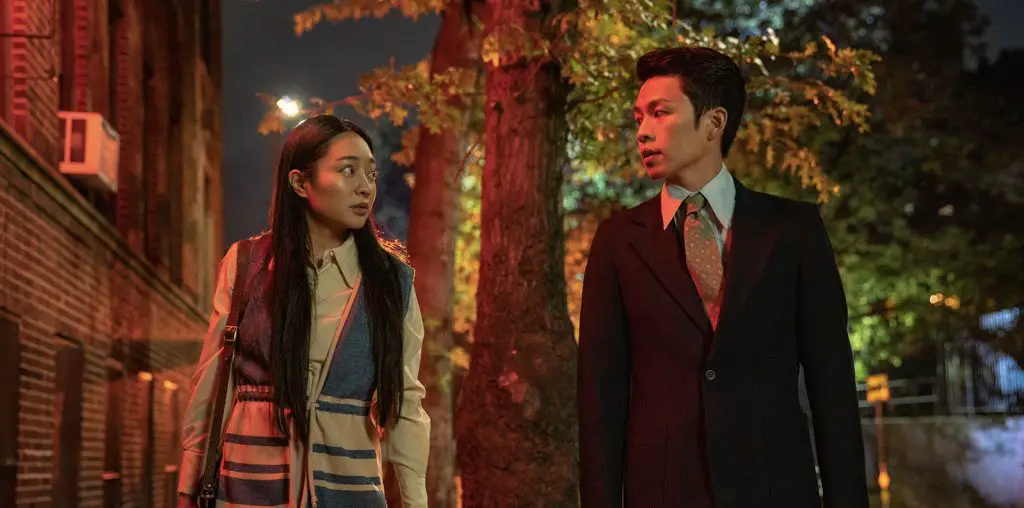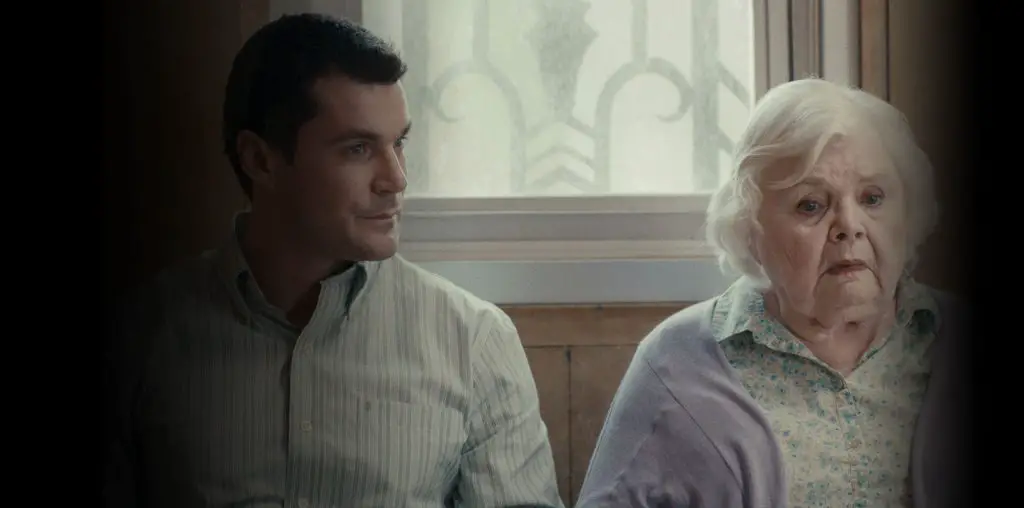
There is a neat bit of magic on display in Stephen Frears’ “The Queen.” Some audiences can come away from the film convinced that they’ve seen a damning indictment of an out-of-touch British monarchy at its most tactless and cruel behavior. But other audiences can also come away viewing a poignant depiction of a woman who is confused and hurt at a world where values and public opinion can flick quickly and sharply.
If “The Queen” is brilliantly enigmatic on just where its emotions lie, then it is a tribute to Frears and screenwriter Peter Morgan for refusing to take the easy route in recalling the most damaging crisis to the House of Windsor in the late 20th century: the death of Princess Diana and the royal family’s seemingly cold reaction to her passing.
In fairness, one can easily sympathize with Queen Elizabeth and her family. Through her divorce from Prince Charles, Diana was no longer a part of the House of Windsor. In fact, one could argue she was operating as a one-woman parallel royalty through her highly-publicized appearances (usually in the promotion of charities, but mostly in the promotion of herself). Initially, Queen Elizabeth believes that Diana’s funeral would be the responsibility of her family, the Spencers, and she assumed it would be a private and tasteful affair.
However, the monarch seriously misread both the British public (who overwhelmingly adored Diana and were grief-stricken by her gruesome car crash death in a Paris tunnel) and the newly-elected British Prime Minister Tony Blair, whose unctuous personality and desire to be seen as a national hero only fueled the mania to give Diana a funeral worthy of a monarch. Blair (via speechwriting by one of his aides) dubbed the late Diana the “people’s princess” and was widely seen as dragging the monarchy into the real world by showing more public grief for her passing.
Within the House of Windsor, sympathies for Diana were not enhanced by her death. Princess Margaret (who is not a character in the film, but is only mentioned in passing) refers to Diana as “being more irritating in death than she was in life). Prince Philip is equally aghast at the public mourning over Diana and refuses to watch the television tributes in her honor. Prince Charles openly complains of the “two Dianas” (the public heroine and the less-than-jolly spouse who successfully outmaneuvered him in the PR department), although he opines of her values as a mother.
As for the Queen herself, the film shows a woman caught in a crossroads. On one hand, she is being pulled by a new Prime Minister whom she does not particularly trust; Blair is forcing her into public displays of sorrow for a former daughter-in-law with whom she had a rough relationship. On the other hand, there is her genuine surprise at how traditional stiff-upper-lip values one associates with British tradition were so quickly forgotten with Diana’s death. Queen Elizabeth finds herself suddenly facing a national mood that is alien to her. Her confusion and anguish is understandable, even if she is a bit slow to recognize the PR damage done by her belated acknowledgement of the crisis raised in Diana’s death.
Many critics have singled out Helen Mirren’s astonishing work as Queen Elizabeth, and the performance is quite fascinating. Mirren truly captures the complexities and mixed feelings of the monarch, offering a human soul to someone who is still (at this late date) a distant personality to the general British public. Yet “The Queen” is blessed by a stunning ensemble who bring vibrancy to their parts. No one is 100% good or evil – all are achingly human in their vanity, short-sightedness, lapses into foolish behavior, and pain in realizing the world is changing around them. Kudos are in order for James Cromwell as Prince Philip (he brilliantly captures the consort’s penchant for inappropriate commentary), Michael Sheer as oleaginous Tony Blair, Sylvia Syms as the martini-sipping Queen Mum, Helen McCrory as the shrewd but frequently abrasive Cherie Blair and Alex Jennings as the surprisingly sympathetic Prince Charles (although his make-up is closer to the Duke of Windsor than the Prince of Wales).
The film also mixes news footage of Diana in life and death, particularly the Westminster Abbey funeral service. One scene in particular stands out as being among the best of the year: the use of the actual eulogy delivered by Lord Spencer, Diana’s brother, in which he insulted the royal family in their presence. The reaction by Mirren, Cromwell and Syms to Lord Spencer’s insults (a virtually superhuman attempt not to show emotion, let alone stand up in self-defense of his big mouth) is heartbreaking to those sympathetic to the royals and deserved comeuppance to those who are not so sympathetic. No matter how it is viewed, the result is jolting and memorable.


